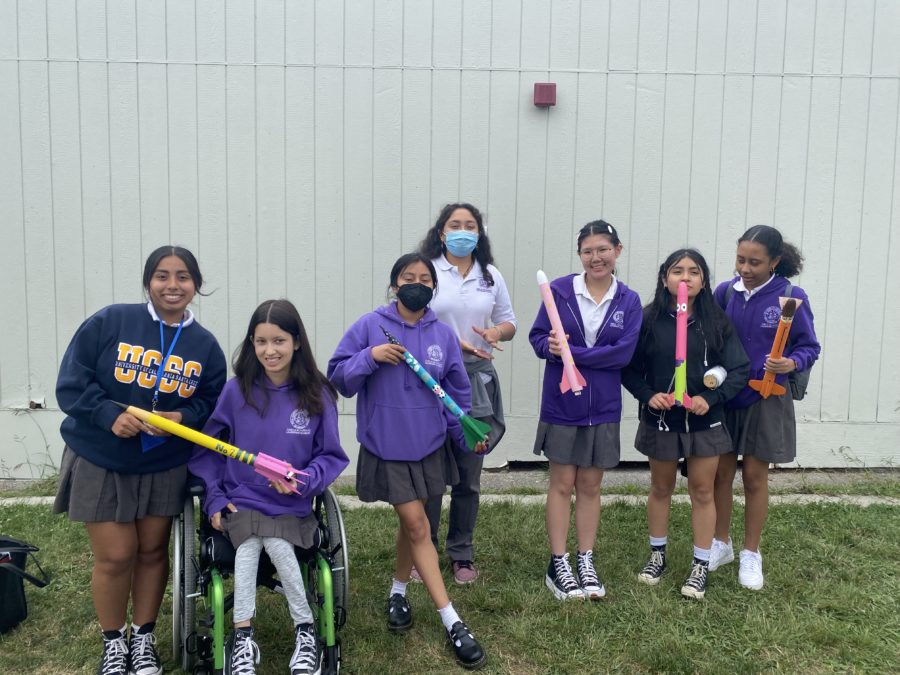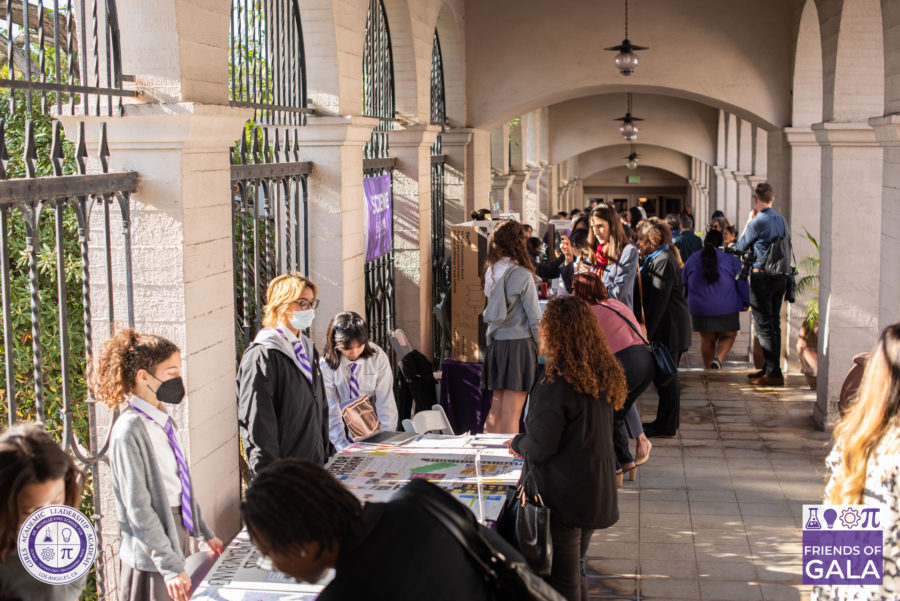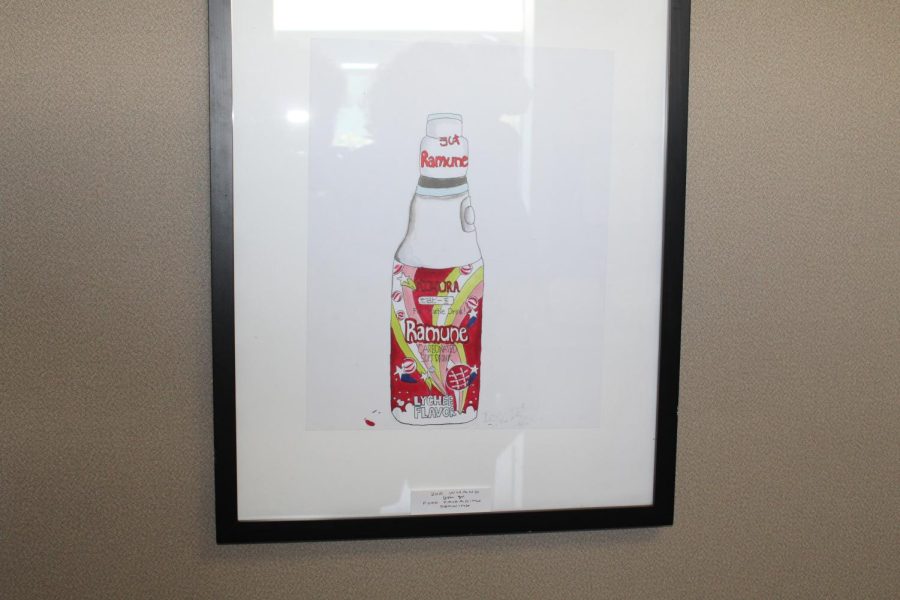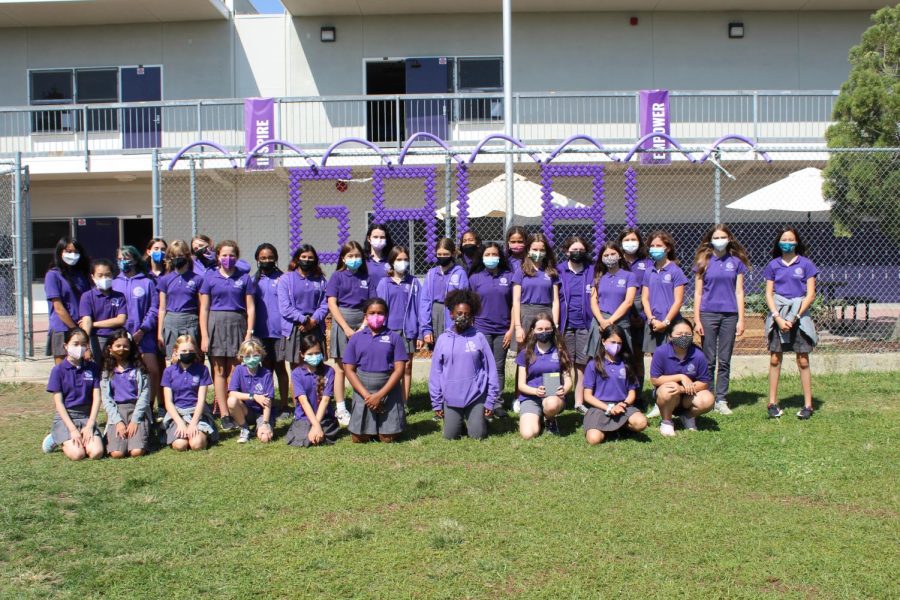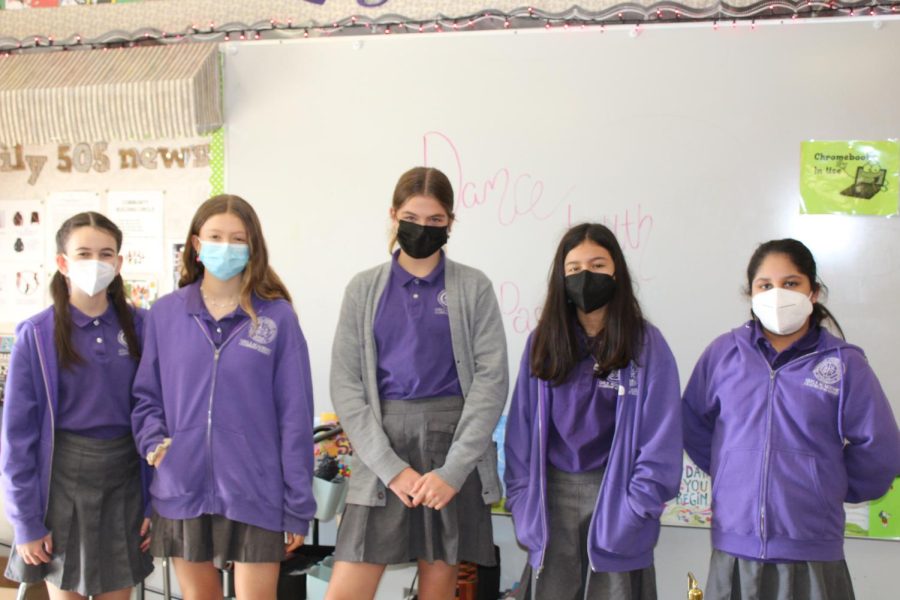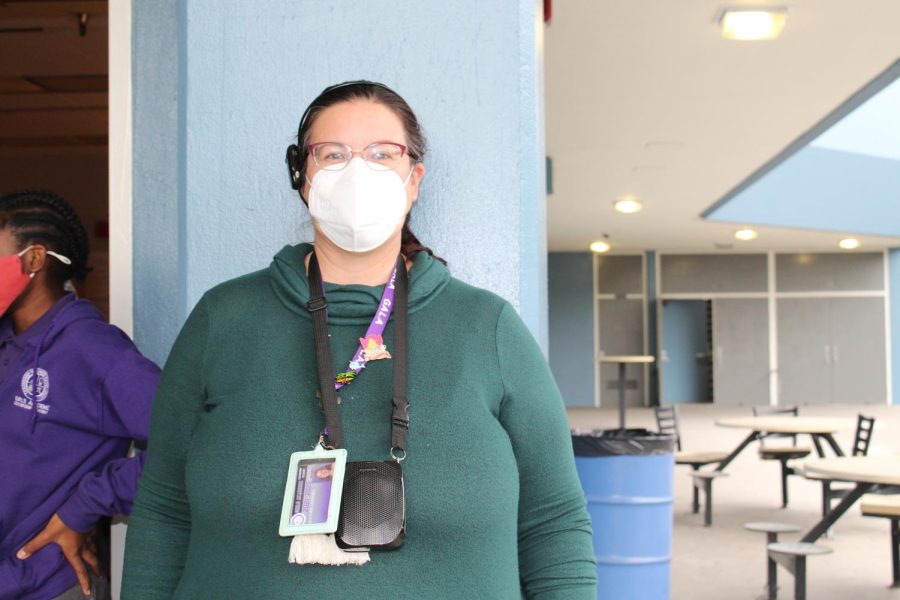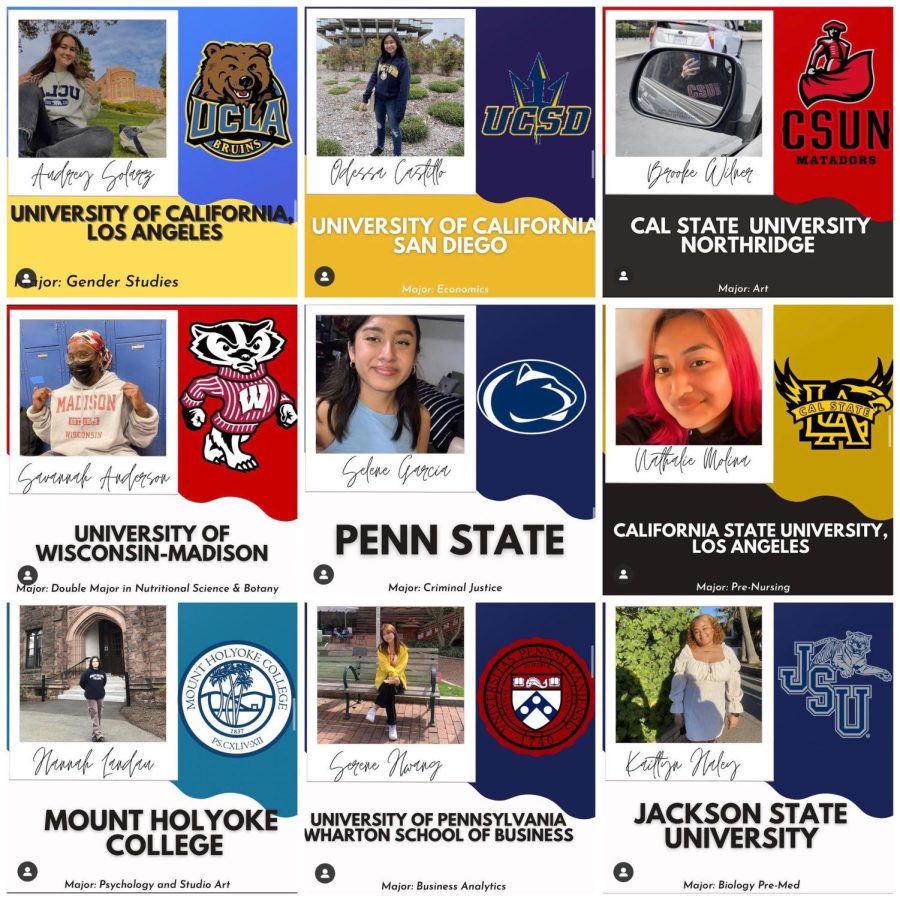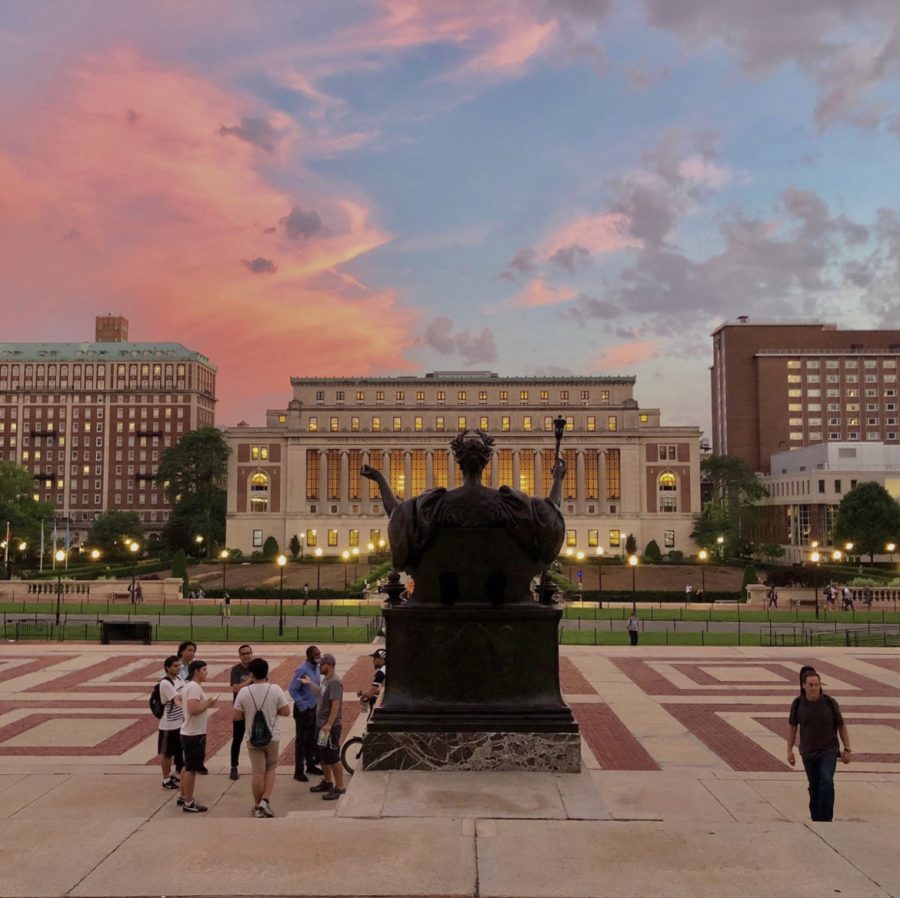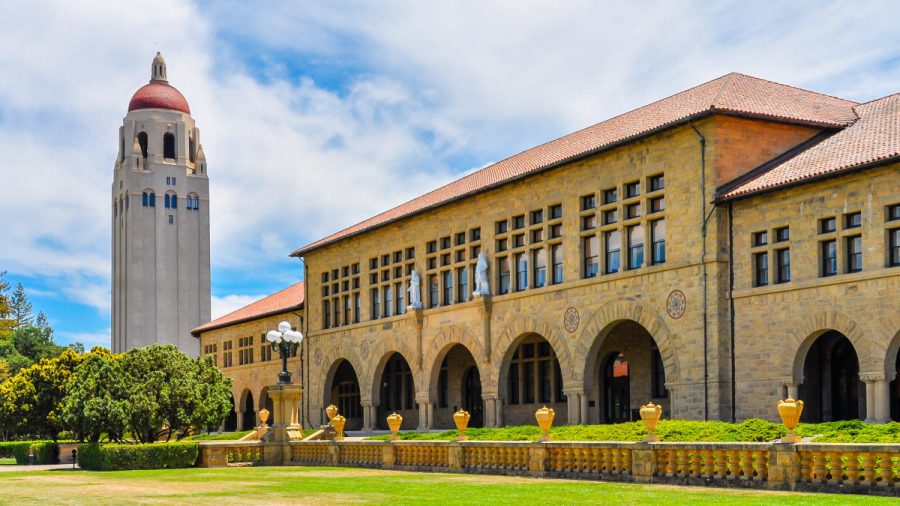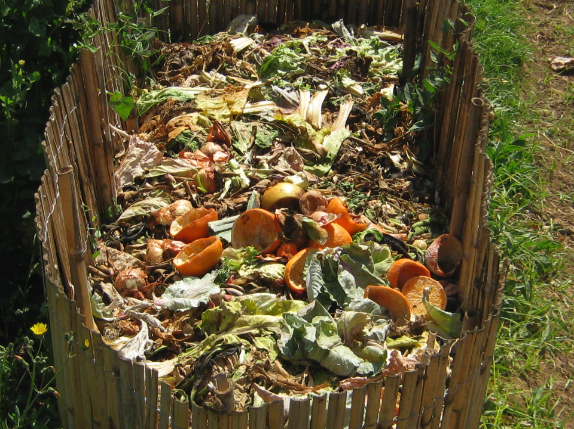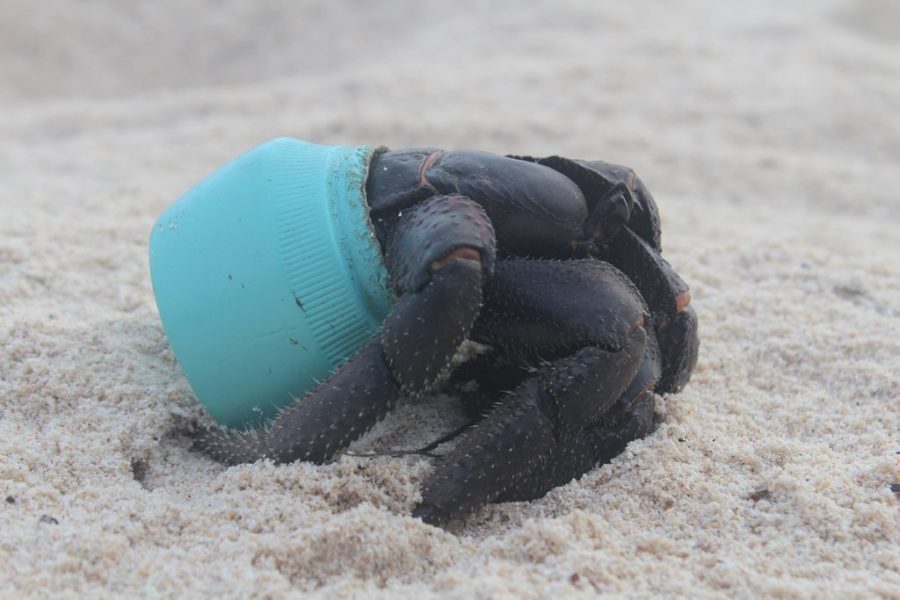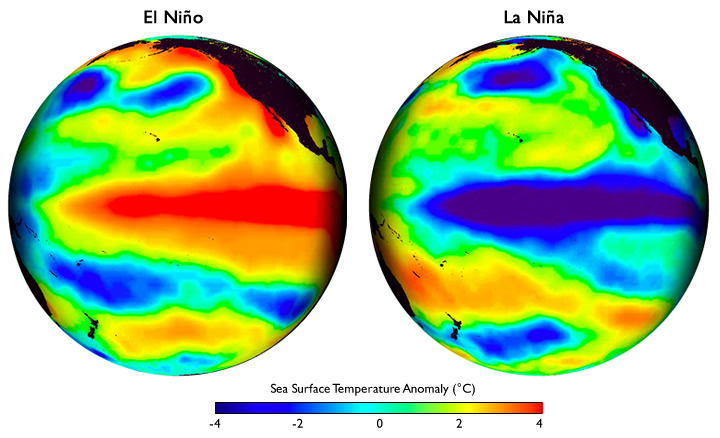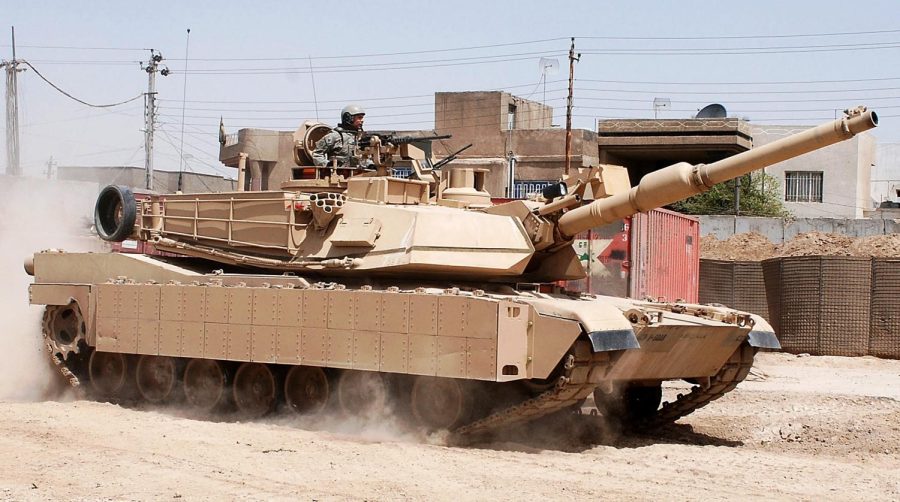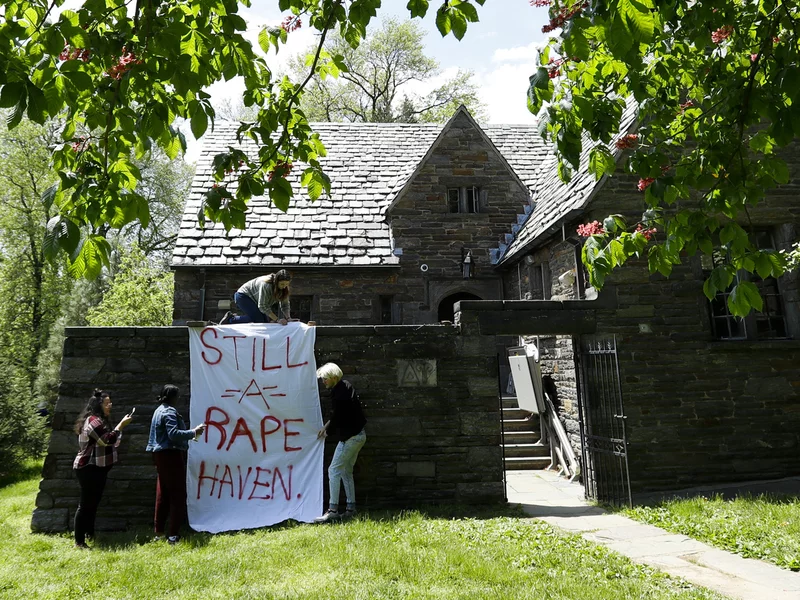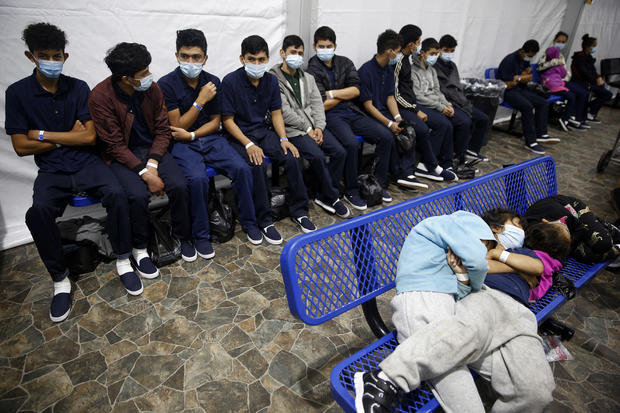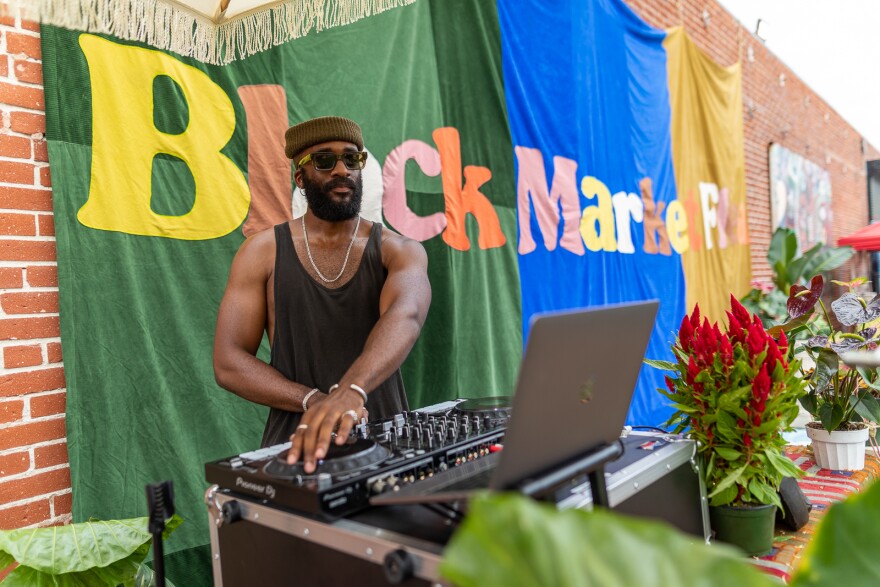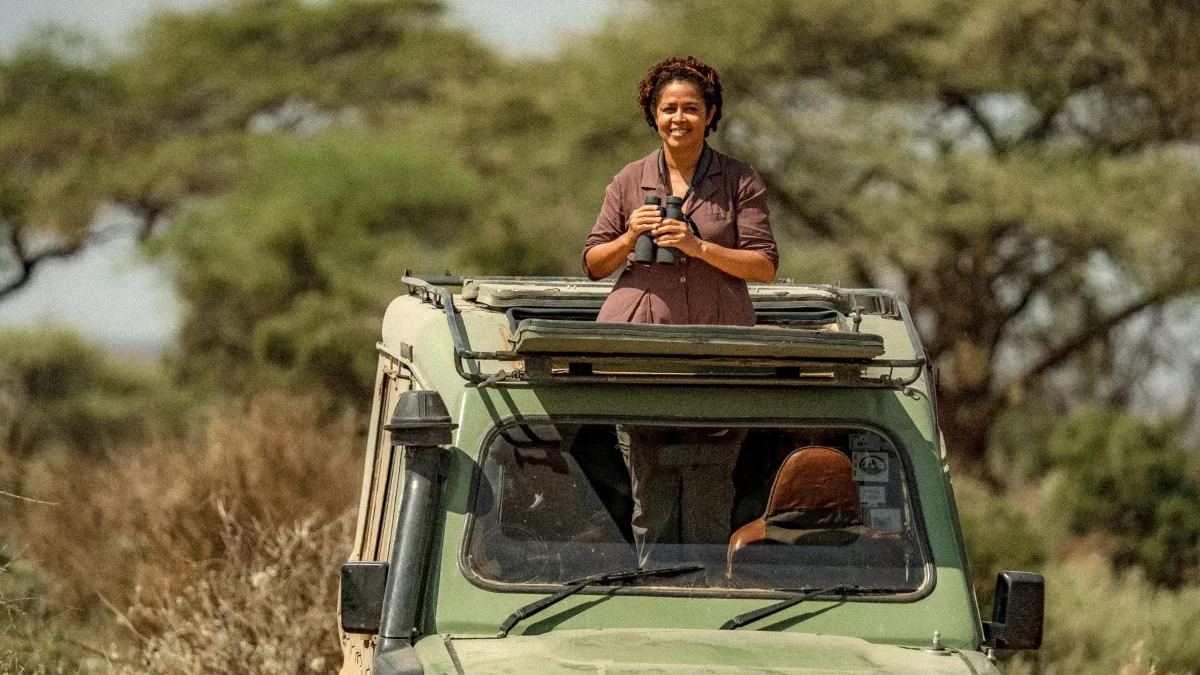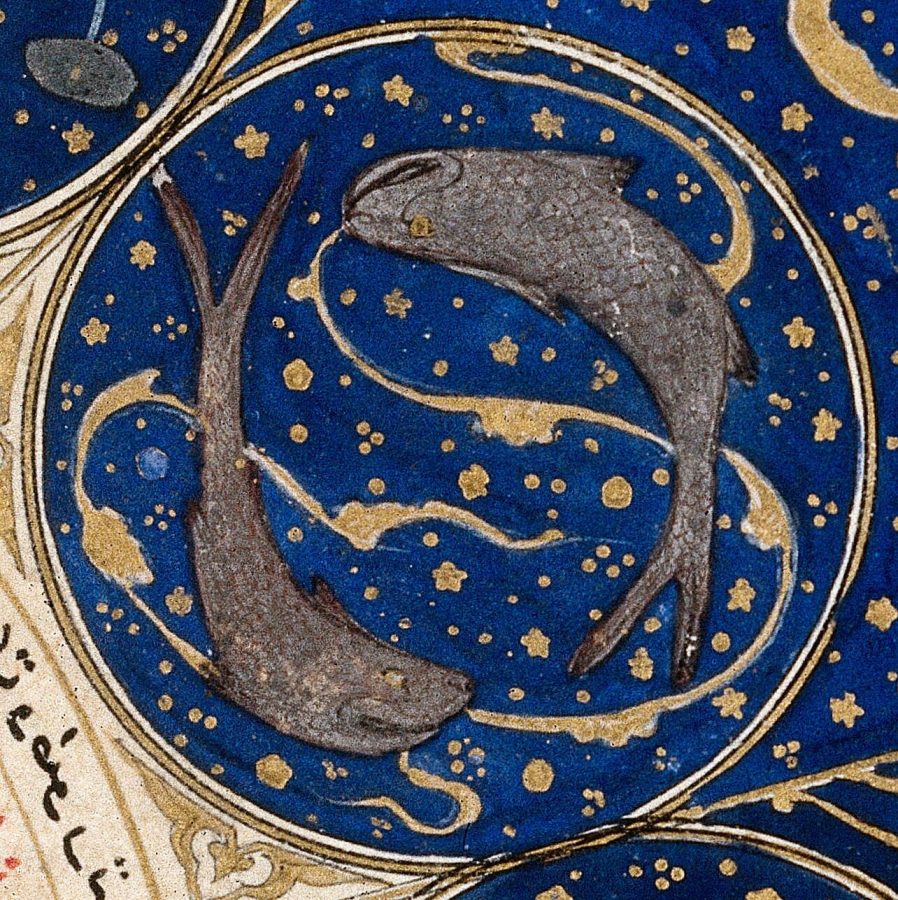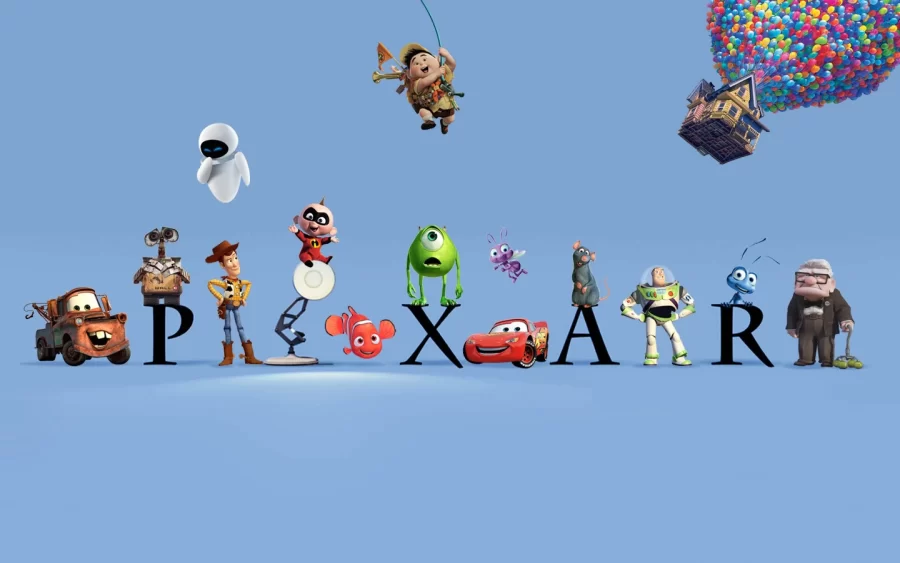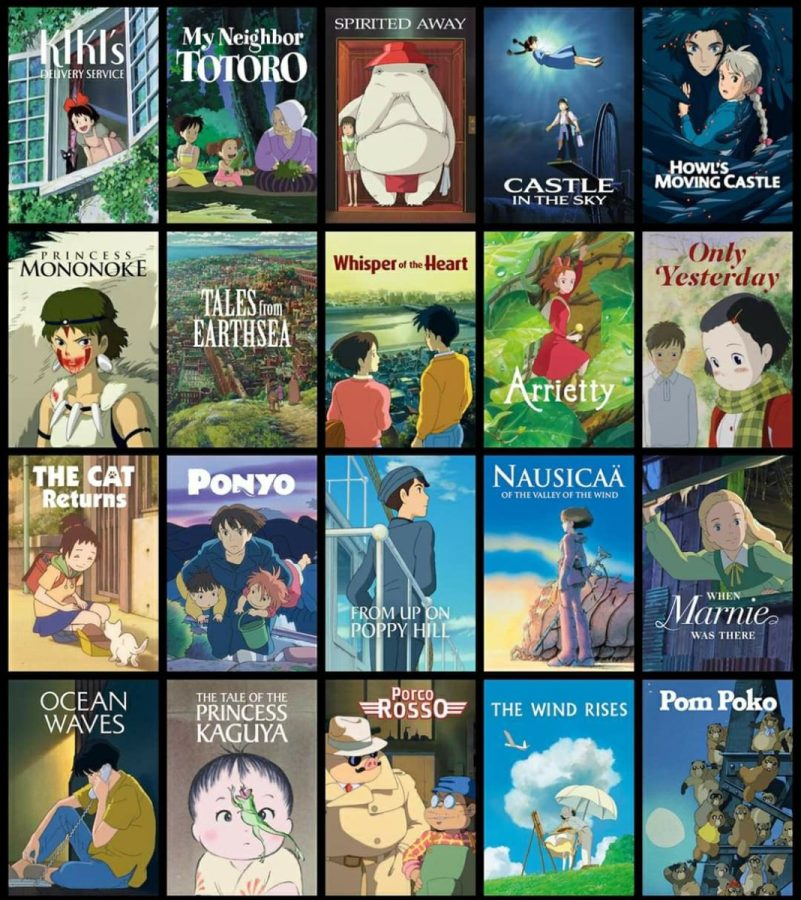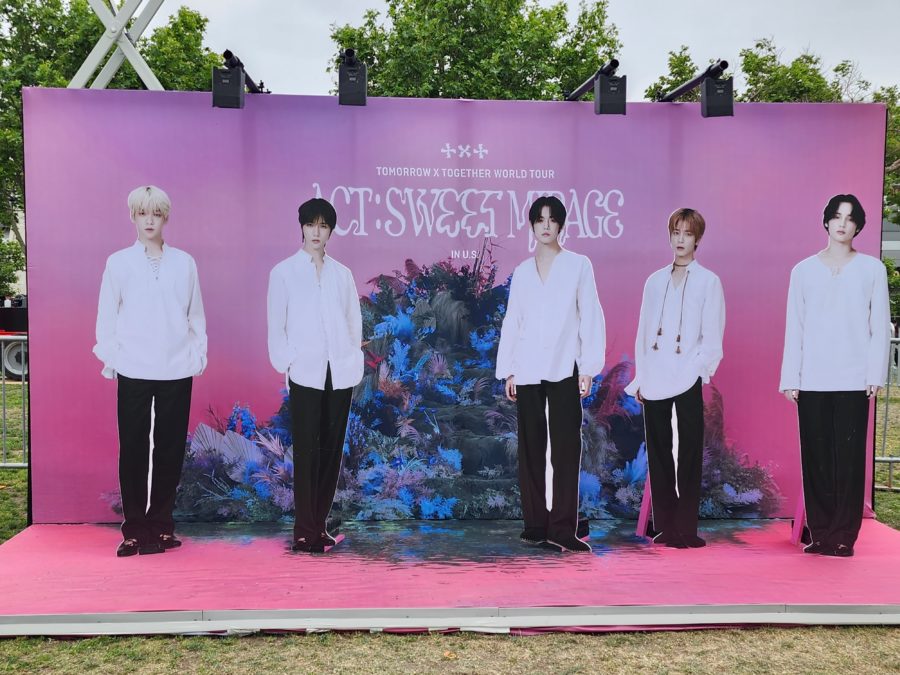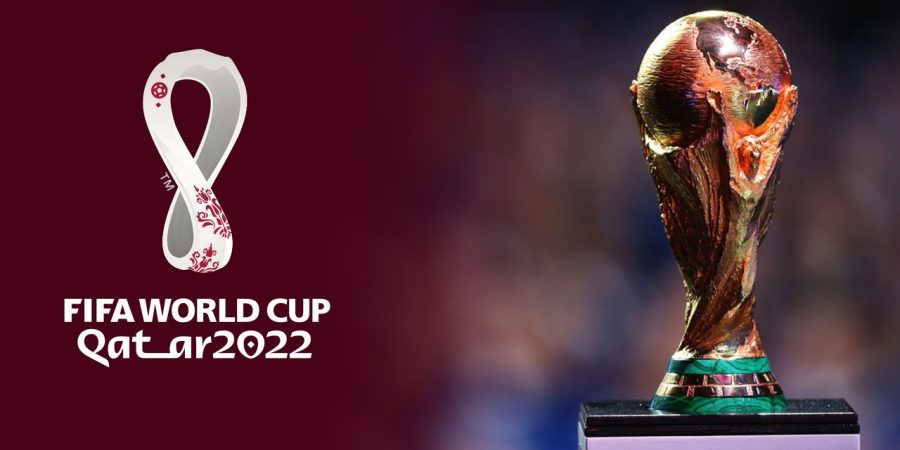The World Cup
The World Cup is held every four years by the Fédération Internationale de Football Association, (FIFA), which is affiliated with an expansive 211 teams that hail from all around the globe. Following Qatar’s decision to put in a bid to host the 2022 World Cup and having demonstrated financial capability for hosting through a series of evaluations that FIFA led, the decision was finalized that Qatar would indeed host the event.
This marks the first time the World Cup has been held in a Middle Eastern country. In preparation to host, Qatar has spent well over $200 billion in infrastructure and other costly developments. Qatar plans on holding the games in a series of eight football stadiums: Al Bayt Stadium, Ahmed Bin Ali Stadium, Al Janoub Stadium, Al Thumama Stadium, Education City Stadium, Khalifa International Stadium, Lusail Stadium, and Stadium 974. But, with the event being hosted in Qatar, there are a few key differences that cause this World Cup to significantly stand out in comparison to the tournaments it’s followed. One of those is the lack of accessibility to alcohol; to put it in simpler terms, alcohol consumption in all of the eight stadiums is banned. Qatar’s restrictions are also crucial when comparing this event to the previous World Cups’, such as the religious restrictions that some fans might come across during their time in Qatar, with even possible criminal prosecution as a consequence. Aside from religion, officials share that restrictions have also been placed on oration with a likelihood of arrest on those who don’t follow Qatar’s speech laws.
In order to qualify to compete in the World Cup, there are rules in place to ensure that a number of spots are made available for each section of which the FIFA member associations are a part. The only team that receives automatic qualification into the World Cup is the representative team of the host, in this case, that would be the Qatar National Football Team (QFA). Currently in discussion is the decision to increase the number of participants from 32 to 48 teams for the next world cup in 2026. Regardless of upcoming ideas, other teams that are interested compete for 31 spots with the ultimate goal of representing their nation. While qualifications began back in 2019, they were quickly put on pause due to the pandemic, but as the World Cup edged nearer, finalizations for qualifications were made earlier this year. In the running were teams apart of The Asian Football Confederation (AFC), The Confederation of African Football (CAF), The Confederation of North Central America and Caribbean Association Football (CONCACAF), The South American Football Confederation (CONMEBOL), Oceania Football Confederation (OFC) and The Union of European Football Associations (UEFA).
Of the teams affiliated with FIFA, the teams that qualified for the World Cup this year were: Australia, Iran, Japan, Qatar, Saudi Arabia, South Korea, Cameron, Ghana, Morocco, Senegal, Tunisia, Canada, Costa Rica, Mexico, USA, Argentina, Brazil, Ecuador, Uruguay, Belgium, Croatia, Denmark, England, France, Germany, Netherlands, Poland, Portugal, Serbia, Spain, Switzerland, and Wales.
While the tournament started only a month ago, several teams have faced elimination with quarter-finals beginning on Friday, December 9. Originally projected to win the World Cup was Belgium, who was quickly eliminated from the group stage following a draw during their match with Croatia. Currently holding the most World Cup titles is Brazil, with five titles from the years 1958, 1962, 1970, and 2002, coming in second with the most titles in Germany with four, though Germany was already eliminated from the World Cup.
As this World Cup comes to an end, it may be comforting to know in a short four years, it will once again occur. The 2026 FIFA World Cup marks the 23rd World Cup, this time decidedly hosted in Canada, Mexico, and the United States.

Ariani Ray is a current junior at Girls Academic Leadership Academy. She is currently the Arts and Entertainment editor for The Echo. Her goal this year...
